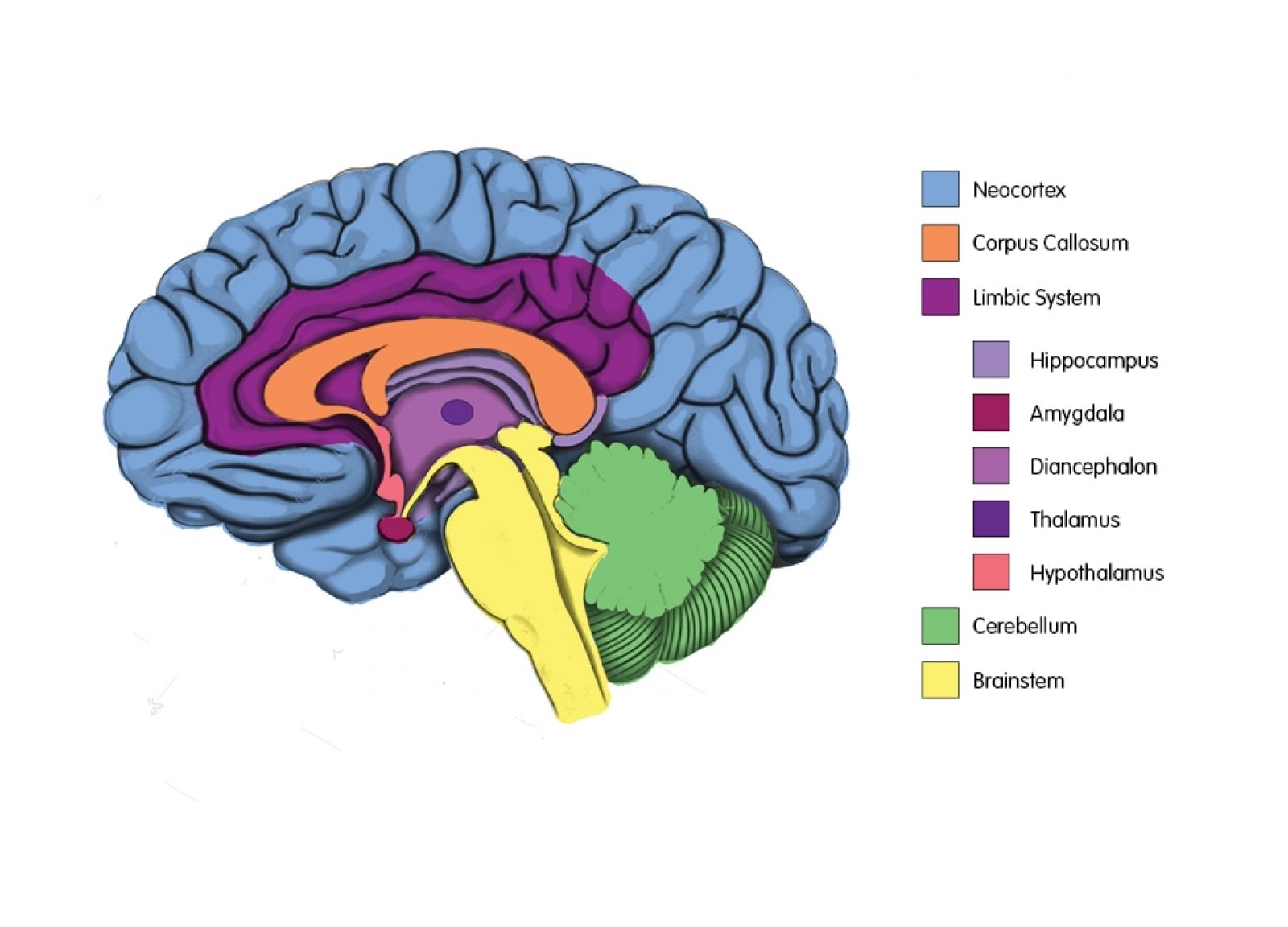Understanding the neurobiology of developmental trauma
Would you like to understand developmental trauma and the impact it can have on children's behaviour? Would you like to learn practical strategies to better support children in your service?
This series of three full day workshops presented by Behavioural Specialist Kerra-Lee Shearer, has been specifically developed for educators to better understand children who have experienced developmental trauma. Together we will explore developmental trauma in a way that is practical and easily translated into everyday situations within your service.
Day 1: Friday, 24 April, 9.30am - 4.15pm
Brain development and neurobiology
In this hands-on workshop, you will develop a foundational understanding of the various regions of the brain. We will collaboratively examine neurobiological development within the context of normative development, and consider the impact of developmental trauma. You will then have the opportunity to consider various neurosequential models of brain development. We will examine the impact of toxic stress and trauma on brain development, including strategies and interventions to support development.
The neurobiology of trauma
This session will provide participants with an opportunity to explore the various definitions of developmental trauma within the context of current research, including the impact on a developing brain. We will explore the impact of trauma on children’s arousal, attention and memory.
Participants will explore the implications for practice in services, by considering the potential impact on children of the physical environment, the routines and the interactions with educators.
The workshop will be focused on developing practical strategies which can be directly translated into practice by integrating evidence-based learning from leading researchers.
Day 2: Friday, 22 May, 9.30am - 4.15pm
Trauma-informed approach to regulation and sensory processing
This interactive workshop will examine a trauma-informed approach to arousal, regulation and sensory processing. We will develop a deeper understanding of regulation; co-regulation and self-regulation. We will learn about the relevance of the neurobiology of development trauma as it relates to challenging behavior, and implement specific strategies for managing challenging [maladaptive] behaviours.
Using the Window of Tolerance, participants will develop an understand of the importance of utilising body-based interventions as an alternative to talk-based interventions, particularly for children who have experienced trauma.
We will explore relationship-based intervention tools based on children’s protective responses e.g. breathing, rhythm and grounding techniques.
The role of the educator
This workshop will explore PACE, which was developed by American Clinical Psychologist, Dr Dan Hughes, as a way of supporting adults to remain emotionally engaged and available to the child. This attachment-based approach is a way of thinking, feeling, behaving and communicating with children.
The PACE principles can be a valuable resource for educators seeking guidance on creating meaningful interactions with children; particularly children who have experienced developmental trauma. Come and learn about:
- Playfulness (including links to play-based learning)
- Acceptance (accepting the whole child; feelings, thoughts and experiences)
- Curiosity (including ‘I wonder’ statements)
- Empathy (whilst exploring the difference between empathy and sympathy)
Day 3: Friday, 19 June, 9.30am - 4.15pm
Supporting educators to support traumatised children
In this session we will explore the potential impact of supporting children who have experienced developmental trauma, including exploring a continuum of vicarious trauma, compassion fatigue, burnout and stress.
Participants will develop an awareness of vicarious trauma, including signs and contributing factors. We will explore the neurobiology of self-care and identify strategies to combat the effects of working with traumatised children. The session will support educators to develop a self-care practice to ensure that staff wellbeing remains a focus whilst supporting children with complex needs.
Challenging relational templates
Join us to learn practical strategies for building a secure relationship with a child who has experienced complex relational trauma. We will explore the challenges involved in caring for traumatised children including challenging existing relational templates, understanding internal working models and reflecting on the concept of intersubjectivity.
This workshop will focus on the importance of the relational exchange between a child and an educator. Participants will be encouraged to purposefully utilise rupture and repair as an opportunity for learning and supporting the child to develop new neuronal connections.
Links to Australian Professional Standards for Teachers
1.5 Differentiate teaching to meet the specific learning needs of students across the full range of abilities
4.1 Support student participation
4.3 Manage challenging behaviour
6.2 Engage in professional learning and improve practice

Kerra-Lee Shearer
Behavioural Specialist
Bachelor Psychological Science, Grad Cert in Developmental Trauma, Adv Graduate Dip in Psychology (currently completing)
Kerra-Lee has provided therapeutic care for children and young people under Guardianship of the Minister and worked within a multidisciplinary team, providing extensive psychoeducation and training on the neurobiological impact of trauma, as well as consultation with regard to behaviour intervention and assessment tools. She is also an accredited facilitator of Cornell University’s Therapeutic Crisis Intervention (TCI) training.

